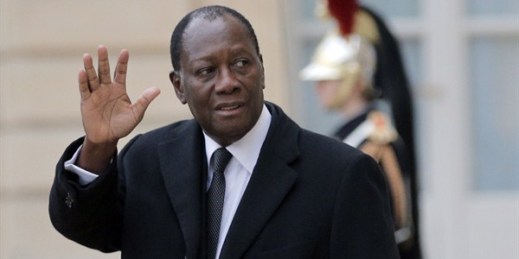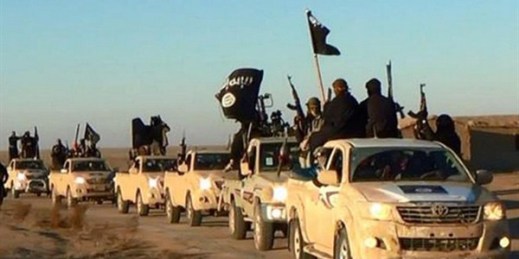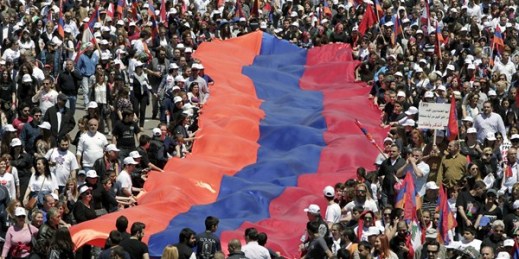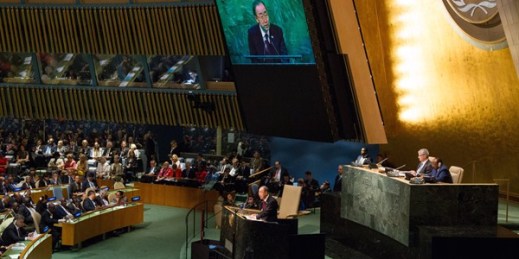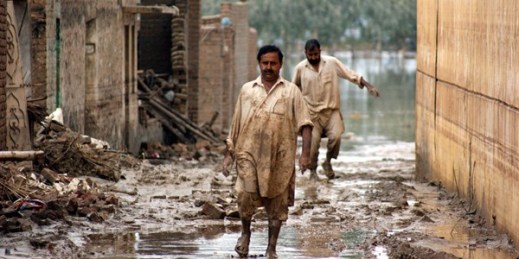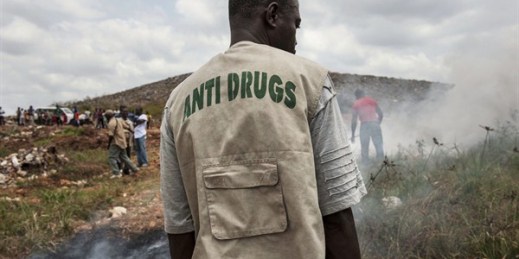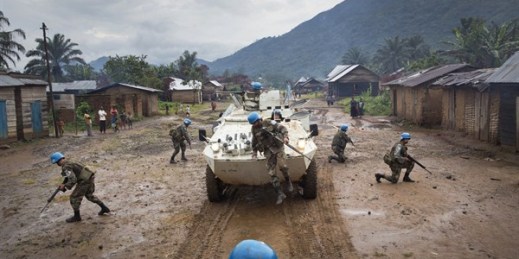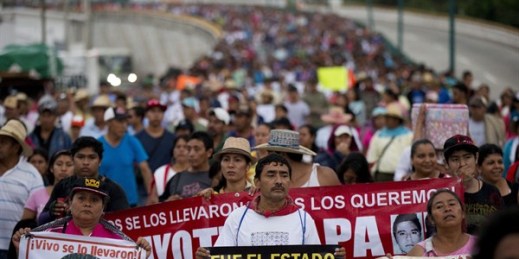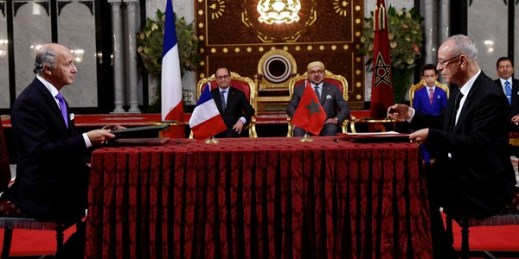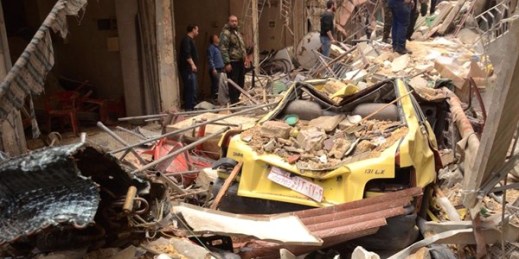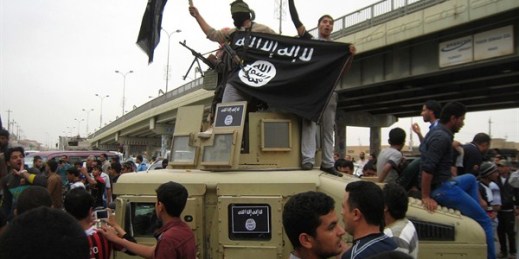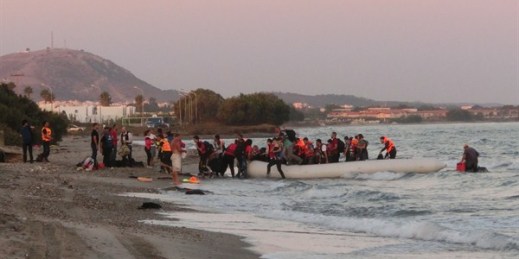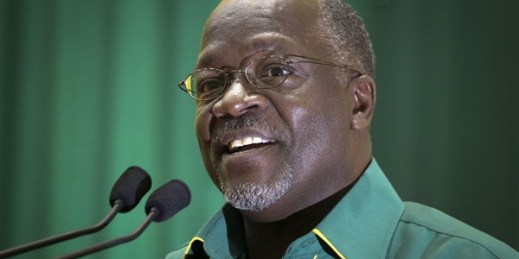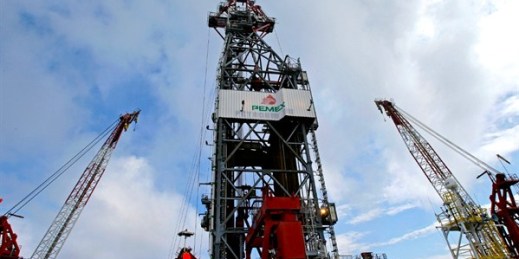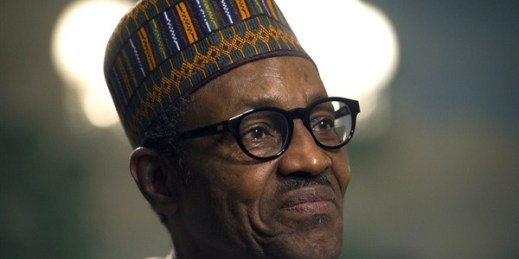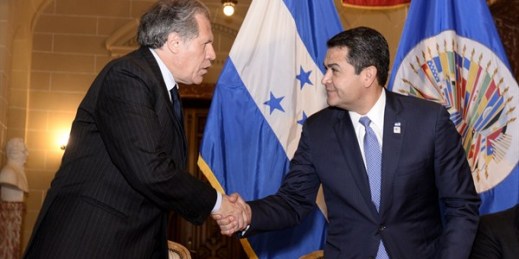
Editor’s note: This article is part of an ongoing WPR series on the impact of corruption and various countries’ efforts to combat it. This week, the Organization of American States (OAS) announced that it would establish a Mission to Support the Fight Against Corruption and Impunity in Honduras (MACCIH), following protests demanding an anti-corruption body like the one that helped bring down the Guatemalan president. In an email interview, Eric Olson, associate director of the Wilson Center’s Latin America program, discussed Honduras’ fight against corruption. WPR: How big a problem is corruption in Honduras, and in what areas is its […]

